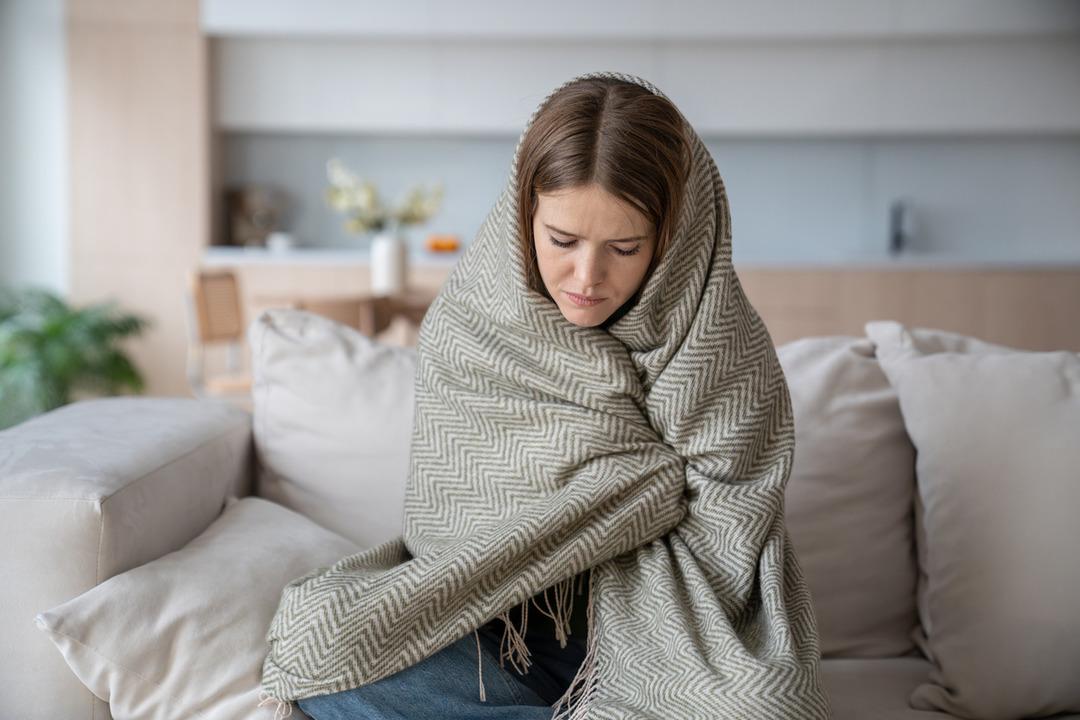Child Health and Diseases Specialist Assoc. Dr. Yakup Çağ warned families by emphasizing that viral infections peaked during this period. Dr. stated that hygiene rules should be followed and children’s immune system should be strengthened. Çağ said, “Keeping children away from crowded environments and ensuring that they have a healthy diet plays a key role in protecting them from diseases.”
‘CHILDREN WITH UNDEVELOPED IMMUNE SYSTEMS ARE VULNERABLE AGAINST MANY VIRUSES’
Stating that children are more sensitive to infections, Dr. Çağ stated that children, especially those of nursery and primary school age, are in the risk group because their immune systems are not yet fully developed. Dr. Çağ said the following about the precautions families can take during this period:
“Children whose immune systems have not yet developed are vulnerable to many viruses. It is important to isolate sick children from others, especially in nursery and school settings. Not sending sick children to school will speed up the child’s recovery process and prevent other children from becoming infected. Additionally, a healthy and balanced diet is the most important factor that strengthens immunity. A child who eats healthy and whose development is normal does not need any extra vitamin supplements. However, if there is anorexia or developmental delay, some supplements such as zinc can be used with the recommendation of a doctor.”
‘MUST APPLY TO A HEALTH ORGANIZATION’

Dr. says that fever is a common condition in viral infections. Çağ stated that families should apply appropriate treatment methods without panicking in this process. Dr. Çağ said, “If the fever reaches 38-38.5 degrees, it is necessary to undress the child and use antipyretic medication as recommended by the doctor. However, if the fever does not go down, the child can be given a warm shower. However, if the fever persists for more than 2 days, if there is a deterioration in general condition, or if it is accompanied by additional symptoms such as vomiting, a healthcare provider should be consulted.”

Emphasizing that families should protect their children from crowded environments during the winter holidays, Dr. Çağ said, “Crowded environments increase the risk of transmitting infections. It is important to keep children away from these environments as much as possible. In addition, hand hygiene should be taken into consideration and children should be dressed appropriately for the ambient temperature. “Protecting them from sudden temperature changes and eating a healthy diet minimizes the risk of infection.” he said.
‘ACQUITTING THE HABIT OF HAND WASHING SIGNIFICANTLY REDUCES THE SPREAD OF INFECTIONS’

Emphasizing that hygiene rules should be followed to protect children from winter infections, Dr. Çağ said, “Especially gaining the habit of washing hands significantly reduces the spread of infections. In addition, children should be dressed appropriately for the weather conditions and protected from sudden temperature changes when going out. “Healthy nutrition and plenty of fluid consumption are the most basic elements that strengthen the immune system.” he said.
(DHA)
